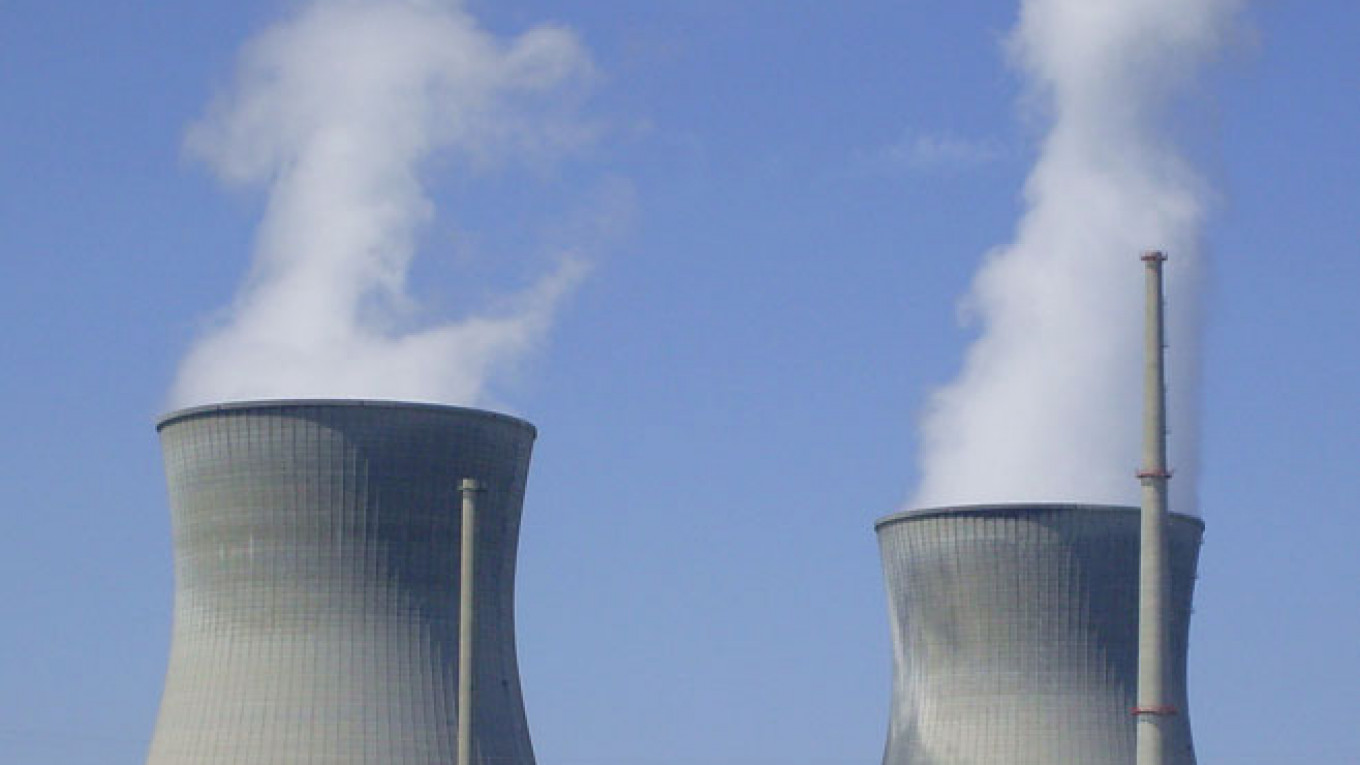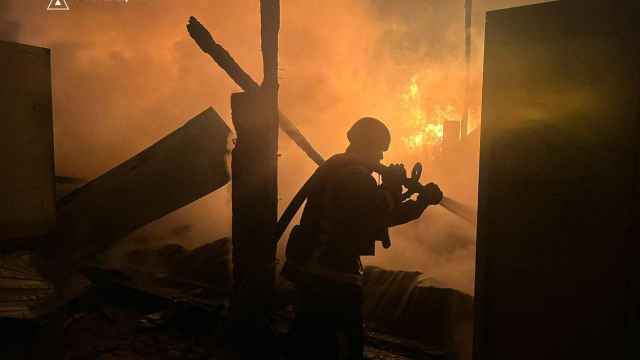LAGOS / MOSCOW — Nigeria is in talks with Russia's state-owned Rosatom to build nuclear power plants, as Africa's most populous nation tries to end of decades of blackouts that have blighted its economy.
Africa's biggest economy has no experience in developing and operating nuclear power plants but has a gamma facility and small reactors producing around 30 kilowatts for research, Franklin Erepamo Osaisai, chief executive of the Nigeria Atomic Energy Commission said on its website, adding that nuclear power will guarantee long-term energy supply.
"We have an intergovernmental agreement with Nigeria, but no concrete decisions have been made," a Rosatom spokesman said.
One nuclear power plant costs between $5 billion and $8 billion, a source at the company said.
80 percent of Nigeria's power plants are gas-fired.
Rosatom has a contract to build a new plant in Hungary and has agreed to build reactors in India and Kazakhstan. It is also planning to build more reactors in Iran in addition to the Russia-built Bushehr plant, Iran's first nuclear facility, launched there in 2011.
Rosatom's investment program, sourced from the state budget, allows it to spend about $300 to $350 billion per year to build nuclear plants in Russia and abroad, a business that was been hit by global safety concerns after the 2011 Fukushima nuclear disaster.
Nigeria, with a population of around 170 million, has installed power capacity that fluctuates between around 6,000 to just over 7,000 MW, according to the transmission company.
South Africa's capacity is almost seven times greater for a population less than a third as big.
Nigeria broke up its monopoly on power generation and distribution by privatizing the sector two years ago, hoping to attract foreign investors. But the amount of power produced has stagnated at around half of total capacity.
Some of the older plants, sold in October 2013, are in dire need of an upgrade while the fledgling generating firms lack the cash as distributors struggle with non-paying consumers and inadequate gas supplies required to keep the plants running.
A Message from The Moscow Times:
Dear readers,
We are facing unprecedented challenges. Russia's Prosecutor General's Office has designated The Moscow Times as an "undesirable" organization, criminalizing our work and putting our staff at risk of prosecution. This follows our earlier unjust labeling as a "foreign agent."
These actions are direct attempts to silence independent journalism in Russia. The authorities claim our work "discredits the decisions of the Russian leadership." We see things differently: we strive to provide accurate, unbiased reporting on Russia.
We, the journalists of The Moscow Times, refuse to be silenced. But to continue our work, we need your help.
Your support, no matter how small, makes a world of difference. If you can, please support us monthly starting from just $2. It's quick to set up, and every contribution makes a significant impact.
By supporting The Moscow Times, you're defending open, independent journalism in the face of repression. Thank you for standing with us.
Remind me later.






